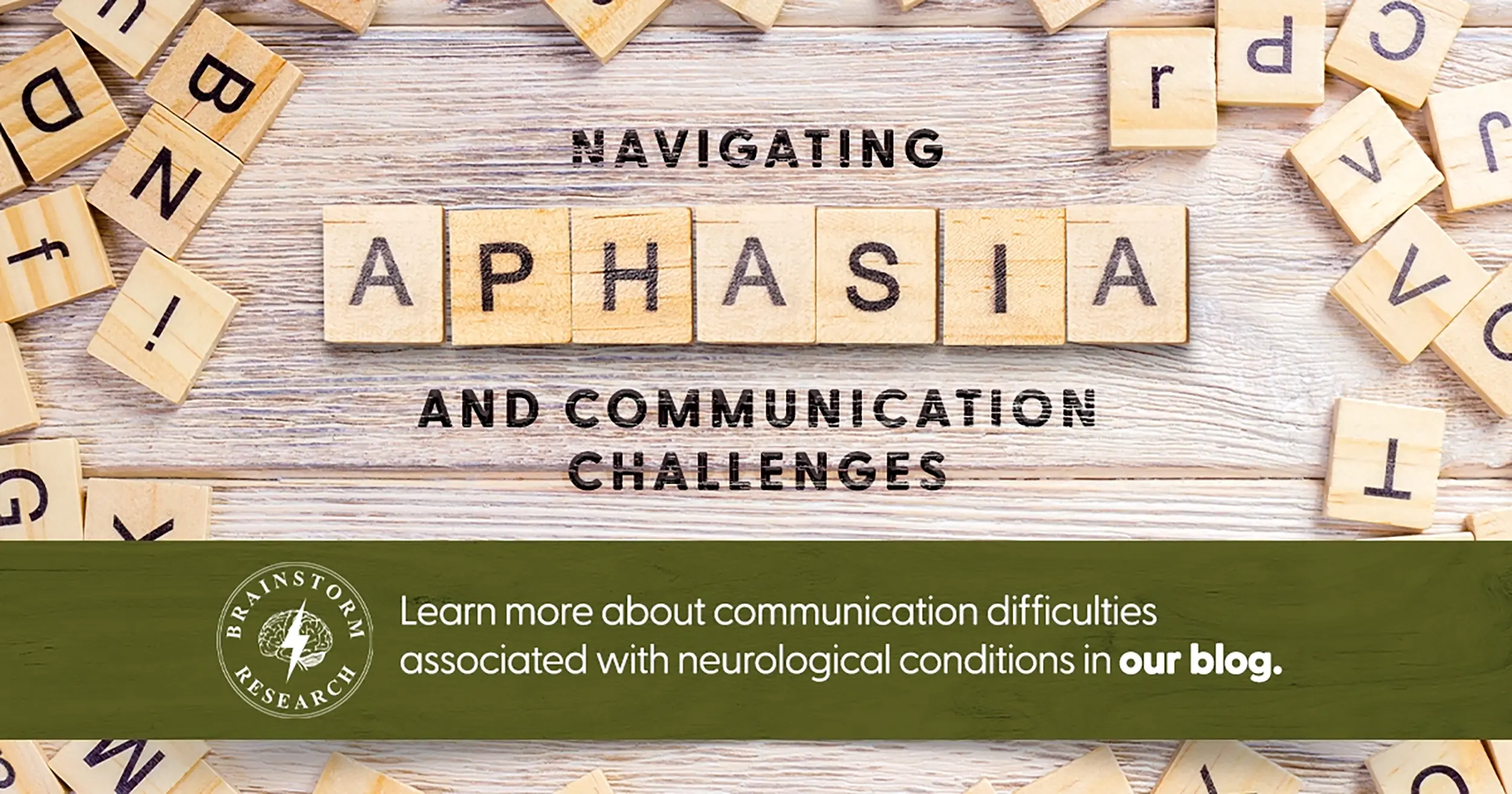Communication is a cornerstone of human connection, allowing us to share thoughts, express emotions, and interact with the world around us. For those living with neurological conditions, however, this fundamental ability can be significantly impacted by a disorder called aphasia. Understanding aphasia and its various forms is the first step toward effective support and improved quality of life.
What is Aphasia?
Aphasia is an acquired language disorder resulting from damage to the brain’s language centers, typically located in the left hemisphere. This damage can occur suddenly due to events like a stroke or traumatic brain injury, or it can develop gradually from progressive neurological diseases such as certain types of dementia or brain tumors. The impact of aphasia varies widely, affecting a person’s ability to speak, understand spoken language, read, and write. It’s not a disorder of intelligence, but rather a disruption of the intricate pathways that process language.
The Different Types of Aphasia
Aphasia manifests in many ways, depending on the specific area and extent of brain damage. While individuals may present with a unique combination of symptoms, some common classifications help us understand the patterns of communication difficulty:
- Broca’s Aphasia (Non-Fluent or Expressive Aphasia): Often referred to as “expressive aphasia,” this type results from damage to Broca’s area in the frontal lobe. Individuals with Broca’s aphasia struggle with producing fluent speech. Their speech may be slow, effortful, and characterized by short, choppy sentences, often omitting small words like “is” or “the.” While they may understand spoken language relatively well, finding the right words to express themselves can be incredibly frustrating.
- Wernicke’s Aphasia (Fluent or Receptive Aphasia): Unlike Broca’s aphasia, speech production is fluent and effortless. However, the words they produce may be jumbled, nonsensical, or include made-up words (“neologisms”), making their speech difficult to understand (“word salad”). Critically, individuals with Wernicke’s aphasia also have significant difficulty comprehending spoken and written language and may not be aware of their communication difficulties.
- Global Aphasia: Considered the most severe form, global aphasia results from extensive damage to multiple language areas of the brain, including both Broca’s and Wernicke’s areas. People with global aphasia experience severe impairments in all aspects of language, including speaking, understanding, reading, and writing. Their communication may be limited to a few words or sounds, making it incredibly challenging to convey even basic needs.
- Anomic Aphasia: This is often a milder form of aphasia where the primary difficulty lies in word-finding. Individuals with anomic aphasia can speak fluently and understand language well, but they frequently struggle to retrieve specific nouns or verbs. They may use vague language, pause frequently, or describe the object they cannot name (“that thing you write with” instead of “pen”).
- Primary Progressive Aphasia (PPA): Unlike other forms of aphasia that typically have a sudden onset, PPA is a neurodegenerative condition where language abilities gradually worsen over time. It is a type of frontotemporal dementia and can manifest with initial difficulties in speaking, understanding, or word-finding, progressing as brain cells in language-related areas slowly deteriorate.
Living with Aphasia
While aphasia presents significant communication hurdles, there are many strategies that can help those with aphasia connect more effectively:
- Simplify Language: Use short, simple sentences and avoid complex jargon.
- Be Patient: Allow ample time for the person to respond and resist the urge to complete their sentences.
- Encourage All Forms of Communication: Support gestures, drawing, writing, or using communication aids like picture boards or apps.
- Minimize Distractions: Create a calm environment for conversations.
- Verify Understanding: Ask “yes” or “no” questions to confirm comprehension.
- Involve Them: Include the person with aphasia in conversations and decision-making.
Hope Through Research: The Role of Clinical Trials
The journey with aphasia can be challenging, but it’s important to remember that ongoing research and advancements in treatment offer hope. Brainstorm Research is committed to exploring innovative approaches to neurological conditions, including those that impact communication. Through their dedicated clinical trials, Brainstorm Research is actively investigating new therapies and interventions aimed at neurological conditions. Learn about our currently enrolling clinical trials here. By understanding aphasia and supporting ongoing research, we can collectively work towards a future where communication barriers are minimized and every voice can be heard.


